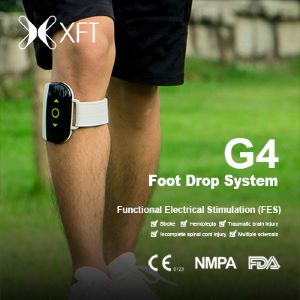International
A critical review of multi-disciplinary rounds (MDR) in acute medical wards
Wednesday, November 1, 2023
5:30 PM - 5:36 PM
Location: Station 12
.jpg)
Shaji J. Vadassery, MRCP
Senior Consultant
Tan Tock Seng Hospital
singapore, Singapore
Presenting Author(s)
Research Objectives: Inpatients have medical, social and functional issues impacting discharge outcomes. These are interlinked and healthcare teams should manage in a coordinated way.
We assessed the improvements in patient care after instituting multidisciplinary rounds (MDR) for patients.
Design: Retrospective cohort study comparing 25 patients who have undergone MDR (MDR group) with 25 historical controls (non-MDR group). The outcomes examined were length of stay (LOS), rate and risk of all time and 30-day readmissions.
Setting: a tertiary hospital in Singapore
Participants: Included first 50 patients who met the criteria
Interventions: Exploratory analysis of baseline variables, LOS and the odds of a readmission from discharge to 30-days and discharge to 1.5 years was compared with pre-MDR as the reference group.
Main Outcome Measures: Baseline characteristics were similar between the groups. MDR group had a significantly higher proportion of patients with DM (p=0.045) and malignancy (p=0.050) whereas the non-MDR group had a significantly higher proportion with CKD (p=0.049).
Results: LOS for MDR group was a mean of 22 days (median of 18 days) longer compared to pre-MDR group.
The odds of 30-day readmission remained lower among MDR patients after adjusting for baseline differences (OR=0.12, 95% CI 0.01-1.44, p=0.095)
However, in the longer term, MDR group had higher odds of readmission compared to non-MDR group. Due to the small sample size, interpretation needs to be done with caution.
Conclusions: 30-day readmission rates were lower for MDR group; however long term readmissions were higher, which may reflect a benefit with MDR in the shorter term but unlikely to carry forward to longer term.
Author(s) Disclosures: Nil disclosure
We assessed the improvements in patient care after instituting multidisciplinary rounds (MDR) for patients.
Design: Retrospective cohort study comparing 25 patients who have undergone MDR (MDR group) with 25 historical controls (non-MDR group). The outcomes examined were length of stay (LOS), rate and risk of all time and 30-day readmissions.
Setting: a tertiary hospital in Singapore
Participants: Included first 50 patients who met the criteria
Interventions: Exploratory analysis of baseline variables, LOS and the odds of a readmission from discharge to 30-days and discharge to 1.5 years was compared with pre-MDR as the reference group.
Main Outcome Measures: Baseline characteristics were similar between the groups. MDR group had a significantly higher proportion of patients with DM (p=0.045) and malignancy (p=0.050) whereas the non-MDR group had a significantly higher proportion with CKD (p=0.049).
Results: LOS for MDR group was a mean of 22 days (median of 18 days) longer compared to pre-MDR group.
The odds of 30-day readmission remained lower among MDR patients after adjusting for baseline differences (OR=0.12, 95% CI 0.01-1.44, p=0.095)
However, in the longer term, MDR group had higher odds of readmission compared to non-MDR group. Due to the small sample size, interpretation needs to be done with caution.
Conclusions: 30-day readmission rates were lower for MDR group; however long term readmissions were higher, which may reflect a benefit with MDR in the shorter term but unlikely to carry forward to longer term.
Author(s) Disclosures: Nil disclosure
Learning Objectives:
- .
- .
- .

.jpg)
